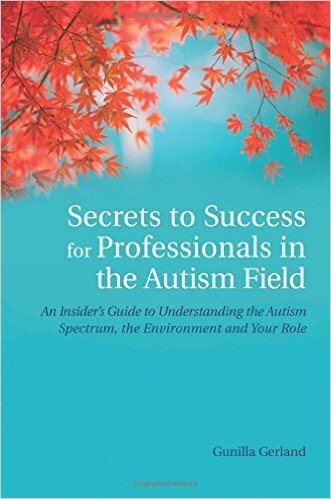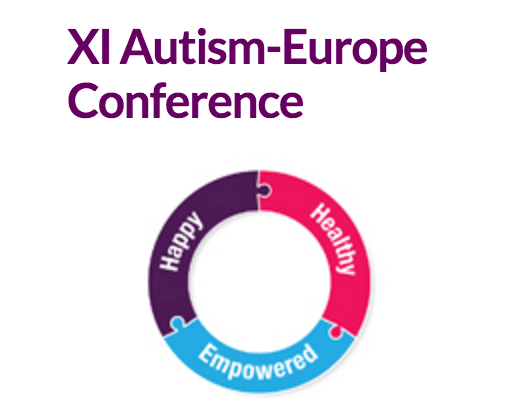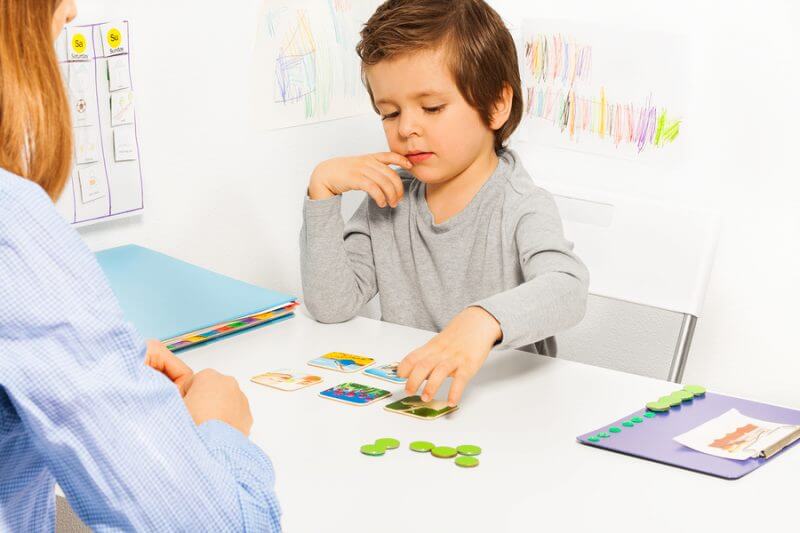Temple Grandin: Still Going Strong at 70
Autism Calgary celebrated its 25th Anniversary on February 22nd with an exciting event – an evening with Temple Grandin. Temple spoke at the Calgary Hyatt Regency Hotel to a huge, enthusiastic audience of nearly 1200 people. She was in top form, delivering a two hour talk full of insight and practical information. Temple’s energy and enthusiasm for the subject of…














